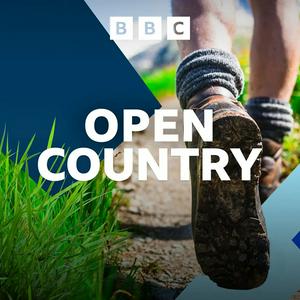Have you ever heard of a black poplar? You've probably seen one, at least in a painting, even if you didn't recognise it as such. The black poplar is Britain's most endangered tree, and features in Constable's famous work, The Hay Wain. Martha Kearney is in Suffolk to see black poplars at Flatford Mill, the location in the painting, and to talk to botanical artist Ruth Wharrier about painting from nature. With tree wardens David Appleton and Fe Morris, Martha surveys new trees on the riverbank nearby. She finishes by visiting a new clone bank of trees at Jimmy's Farm, which are thriving between the wolves and polar bears. Without active support, this native British tree could disappear from our countryside altogether.
Suffolk Tree Warden Network: https://www.suffolktreewardens.org.uk
https://ruthwharrier.com
https://www.suffolkwildlifetrust.org/adult-learning/botanical-art
Producer: Beth O'Dea


